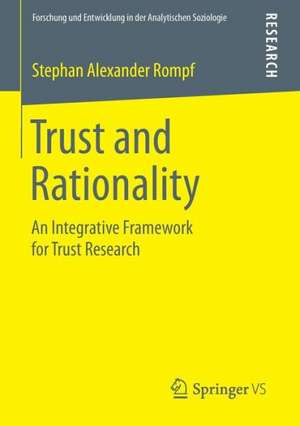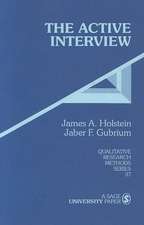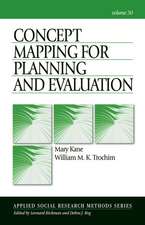Trust and Rationality: An Integrative Framework for Trust Research: Forschung und Entwicklung in der Analytischen Soziologie
Autor Stephan Alexander Rompfen Limba Engleză Paperback – 13 oct 2014
Preț: 394.29 lei
Nou
Puncte Express: 591
Preț estimativ în valută:
75.45€ • 78.97$ • 62.80£
75.45€ • 78.97$ • 62.80£
Carte tipărită la comandă
Livrare economică 31 martie-14 aprilie
Preluare comenzi: 021 569.72.76
Specificații
ISBN-13: 9783658073268
ISBN-10: 3658073268
Pagini: 429
Ilustrații: XIV, 415 p. 48 illus.
Dimensiuni: 148 x 210 x 25 mm
Greutate: 0.56 kg
Ediția:2015
Editura: Springer Fachmedien Wiesbaden
Colecția Springer VS
Seria Forschung und Entwicklung in der Analytischen Soziologie
Locul publicării:Wiesbaden, Germany
ISBN-10: 3658073268
Pagini: 429
Ilustrații: XIV, 415 p. 48 illus.
Dimensiuni: 148 x 210 x 25 mm
Greutate: 0.56 kg
Ediția:2015
Editura: Springer Fachmedien Wiesbaden
Colecția Springer VS
Seria Forschung und Entwicklung in der Analytischen Soziologie
Locul publicării:Wiesbaden, Germany
Public țintă
ResearchCuprins
Objective Structure & Subjective Experience.- Trust and Rationality.- Explaining Conditional and Unconditional Trust.- Empirical Test and Synthesis.
Notă biografică
Dr. Stephan Alexander Rompf studied Sociology and Economics at the University of Mannheim and Jawaharlal Nehru University (JNU) in New Delhi, India. He is currently working as a financial analyst.
Textul de pe ultima copertă
Combining economic, social-psychological and sociological approaches to trust, this book provides a general theoretical framework to causally explain conditional and unconditional trust; it also presents an experimental test of the corresponding integrative model and its predictions. Broadly, it aims at advancing a cognitive turn in trust research by highlighting the importance of (1) an actor´s context-dependent definition of the situation and (2) the flexible and dynamic degree of rationality involved. In essence, trust is as “multi-faceted” as there are cognitive routes that take us to the choice of a trusting act. Therefore, variable rationality has to be incorporated as an orthogonal dimension to the typological space of trust. The theory presents an analytically tractable model; the empirical test combines trust games, high- and low-incentive conditions, framing manipulations, and psychometric measurements, and is complemented by decision-time analyses.
Contents
Dr. Stephan Alexander Rompf studied Sociology and Economics at the University of Mannheim and Jawaharlal Nehru University (JNU) in New Delhi, India. He is currently working as a financial analyst.
Contents
- Objective Structure & Subjective Experience
- Trust and Rationality
- Explaining Conditional and Unconditional Trust
- Empirical Test and Synthesis
- Researchers and students of sociology, economics, social psychology, law, trust
- Organizational management and executives, organizational/marketing research, political consulting
Dr. Stephan Alexander Rompf studied Sociology and Economics at the University of Mannheim and Jawaharlal Nehru University (JNU) in New Delhi, India. He is currently working as a financial analyst.
Caracteristici
Study in the field of social sciences Includes supplementary material: sn.pub/extras

























